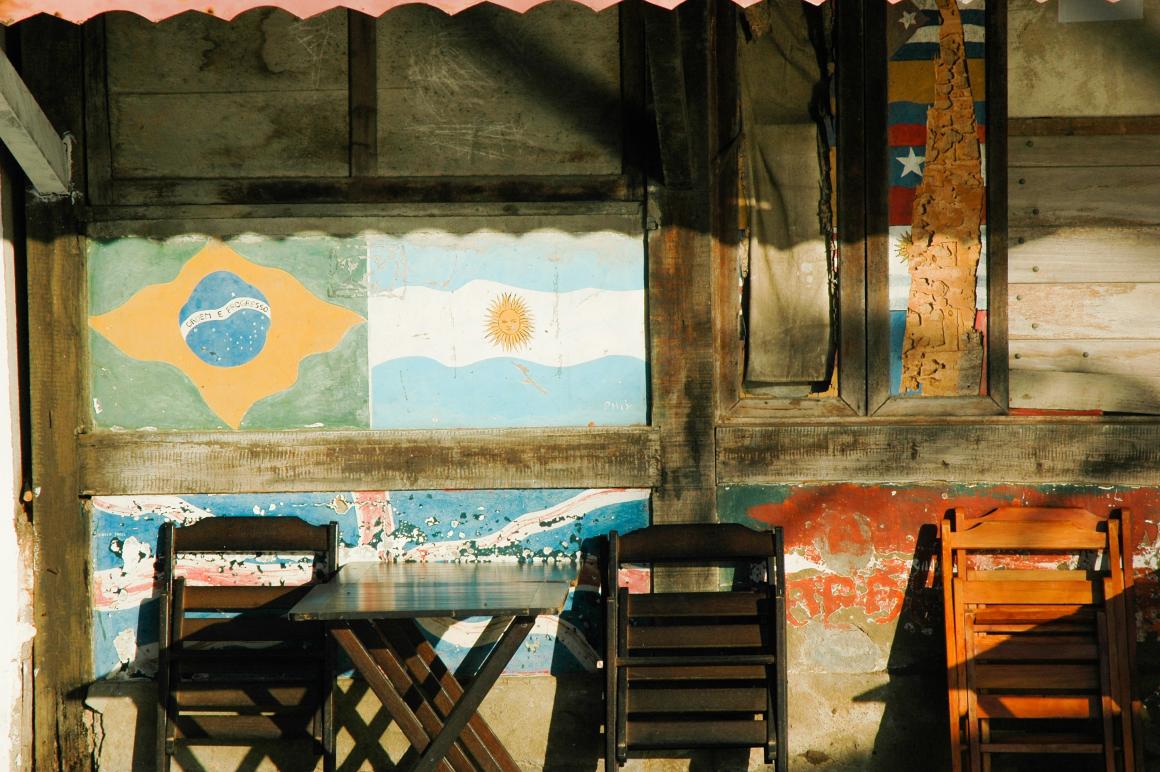Latin America left, right or the other way around? #4 Ecuador

The Andean country of Ecuador made international headlines with its 2008 constitutional reform. Not only was the constitutional text passed with an unprecedented majority of the population's votes, which led many to hope for a fundamental renewal of democracy. In addition, the new constitution set remarkable accents in terms shaping society, politics, the economy and ecology.
A key part of this was the establishment of the Yasuní-ITT National Park in a part of the Amazon rainforest that is home to both gigantic biodiversity and large oil deposits. The Ecuadorian government wanted to keep these polluting energy sources underground in exchange for international guarantee payments. These funds could have helped finance the country's energy transition as well as set a positive precedent in the fight against climate change. Germany, however, positioned itself against this initiative, leading many other countries to reject it. Almost 15 years later, hopes for alternative development have gone through two phases, each of which has done little to achieve a socially just and ecological democracy. This presentation analyzes the course of Ecuadorian development discourse under the conditions of two political waves: The first from 2007 to 2017 under the socialist-influenced Correísmo style of government, and the second from 2017 to the present under the extractive neoliberalism of Lenín Moreno and Guillermo Lasso. To what extent did the idea of alternative development enshrined in the Constitution gain or lose momentum under these two political waves? To what extent did the authoritarian features of the Ecuadorian state emerge in these two waves? And how should Germany's lack of support for the Yasuni-ITT initiative be assessed from today's climate or energy policy perspective?
The event series "Latin America to the left, to the right or the other way round? Current regional developments and political issues" is a cooperation between the EAB and POLITIKUM Ecuador and is aimed at pupils, students and all those interested in deepening their knowledge of the latest events in Latin America as a complementary element to general education.
The online series consists of a total of 5 events dedicated to one country on the respective dates: Brazil (05.04.2023), Peru (20.04.2023), Mexico (03.05.2023), Ecuador and Colombia (21.06.2023).
A three-day seminar in Berlin (06-08.07.2023) takes up the results and deepens the intercultural exchange with visits to embassies and expert discussions in relevant non-governmental organisations. The encounter enables an interdisciplinary approach and additionally brings different experiences of migration into the discussion.
Registration for the individual events is possible, continuous participation is desired.
Veranstaltungsanmeldung
Share on


